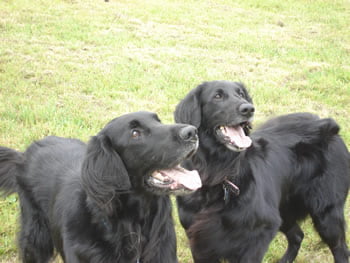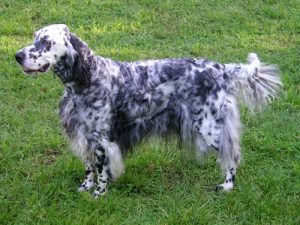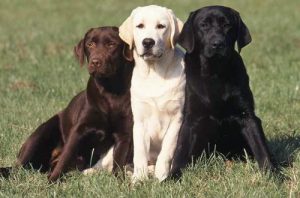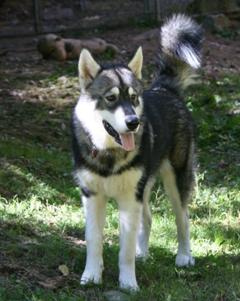Flat-Coated Retriever
Flat-Coated Retriever Rescue and Adoption

-
Breed Group : SPORTING
-
Origin : England
-
Average Height : 22" - 25"
-
Average Weight : 60 - 70 lbs.
-
Life Span : 13 - 16 years
Photo Courtesy of : Flat-Coated Retriever Society of America, Inc.
-
Size
1 2 3 4 5 6 7 8 9 10 -
Energy
1 2 3 4 5 6 7 8 9 10 -
Intelligence
1 2 3 4 5 6 7 8 9 10 -
Ease of Training
1 2 3 4 5 6 7 8 9 10 -
Hypo-Allergenic
1 2 3 4 5 6 7 8 9 10 -
Shedding
1 2 3 4 5 6 7 8 9 10 -
Good with Kids
1 2 3 4 5 6 7 8 9 10 -
Good with Other Pets
1 2 3 4 5 6 7 8 9 10 -
Guard Dog
1 2 3 4 5 6 7 8 9 10







